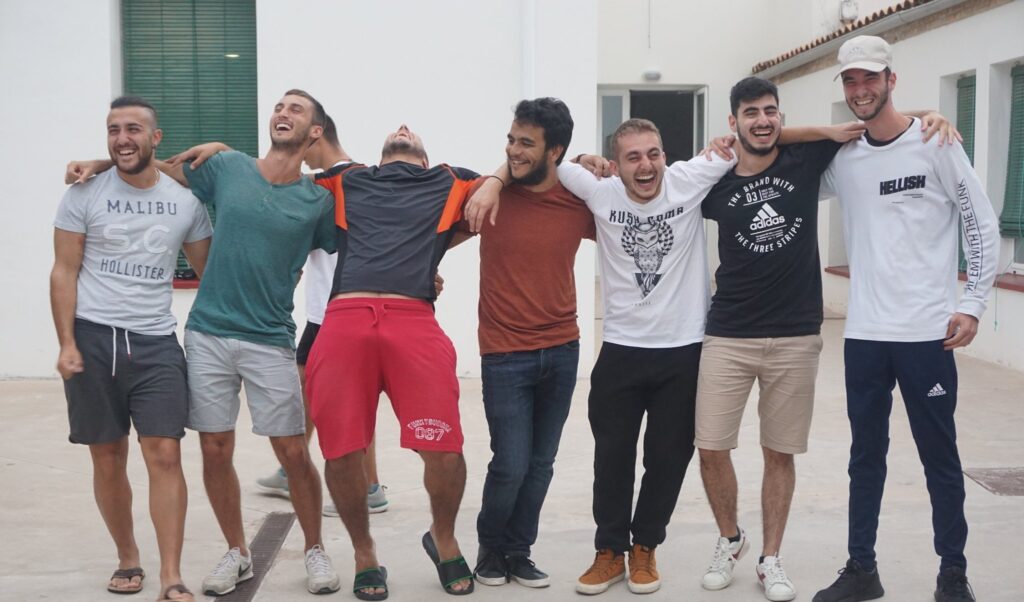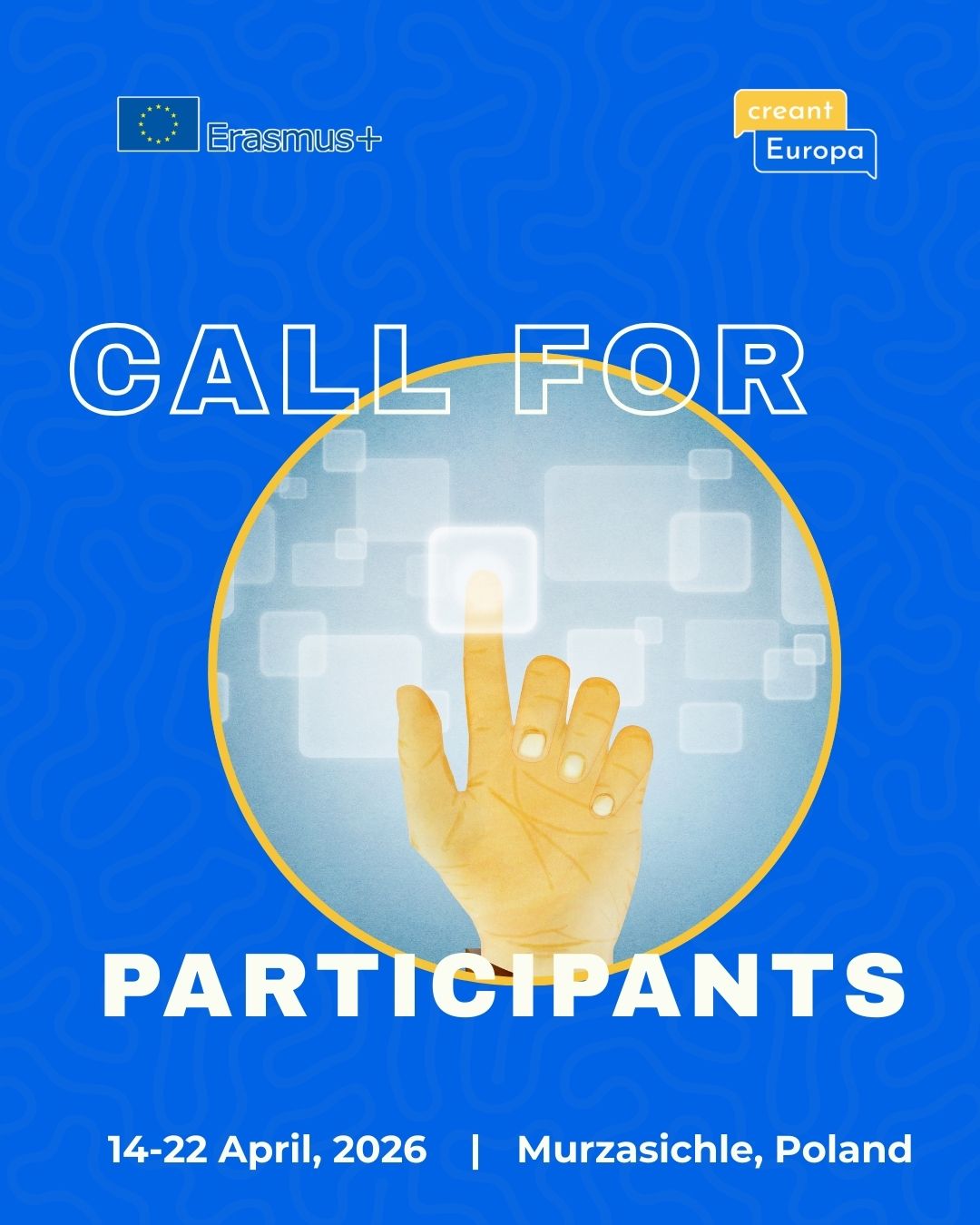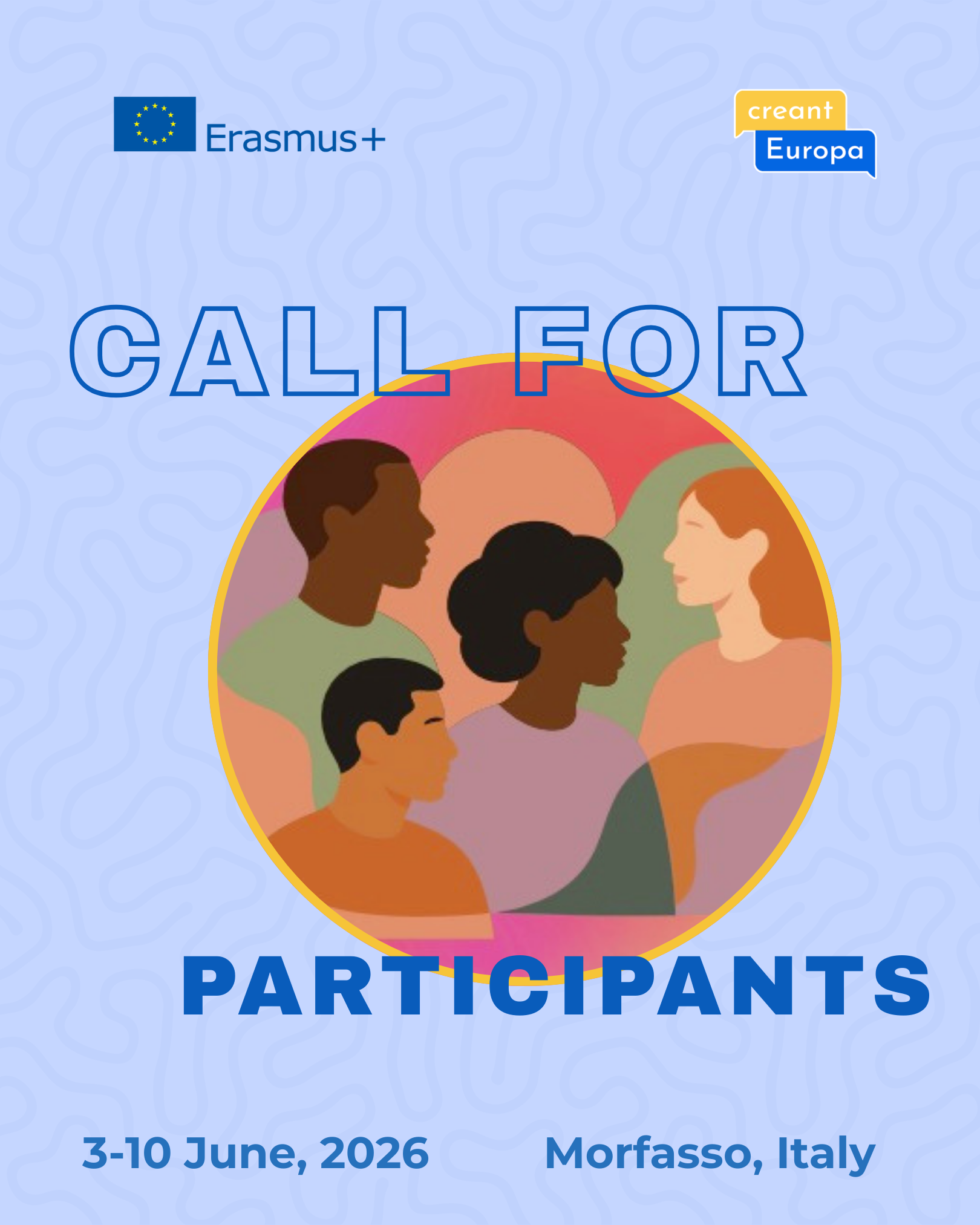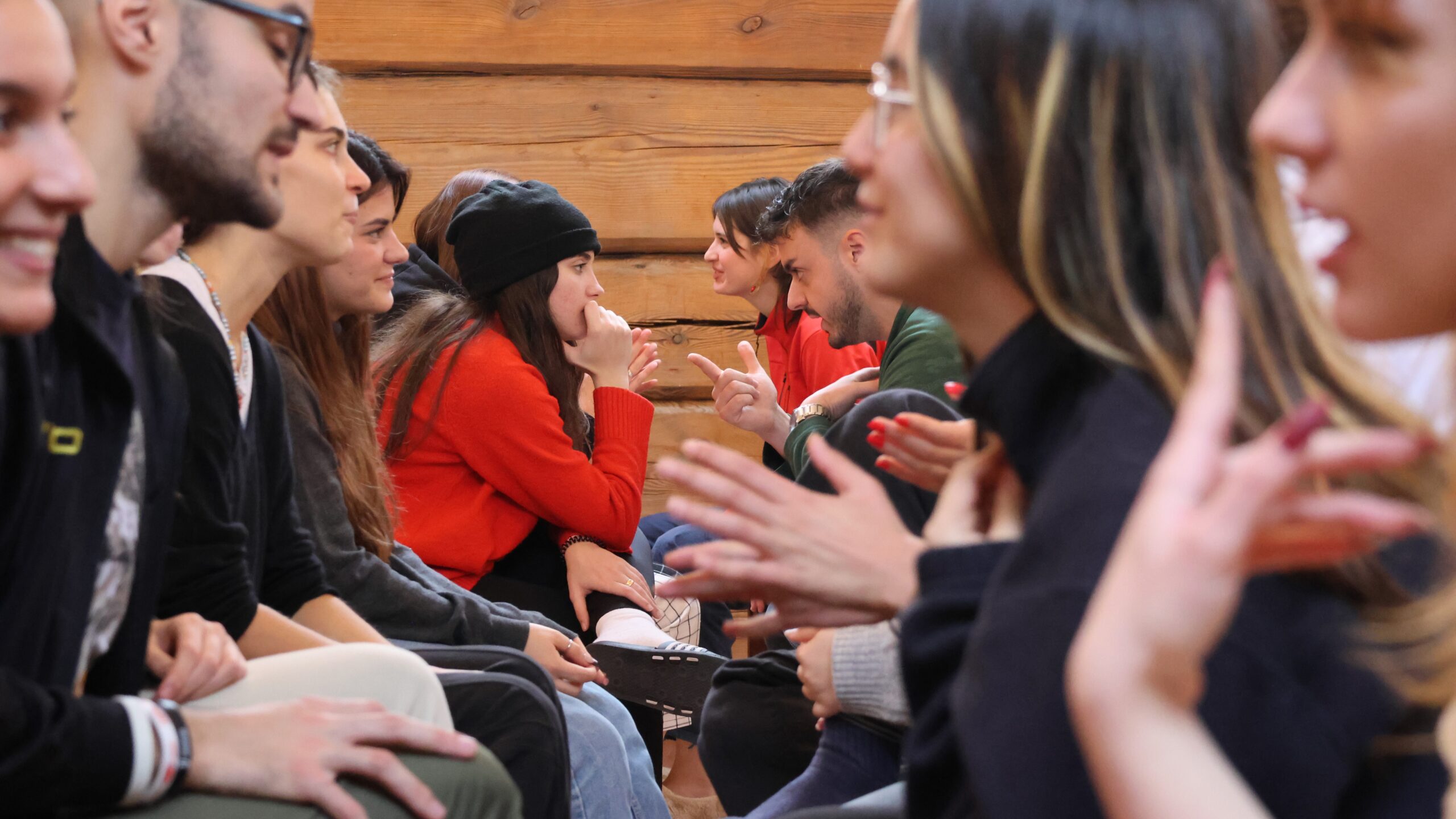Benicàssim, Spain
This training course brought together 20 youth workers from Spain, Lithuania, Turkey, Portugal, Romania and Germany to devise new ways of using youth work to help with refugee integration.
Why did this project matter?
The integration of the great number of refugees coming to Europe poses a great challenge to the receiving countries, a challenge that is being met with a wide variety of ideas, commitment and success. While the receiving countries succeed at providing for the vital needs of the refugees, most of them fail at effectively supporting their social integration (UNHCR (2013) “A new beginning”). In this context, the civil society has completed in many places the governmental activity, providing the kind of emotional, close support the governments are usually unable to provide.
However, the importance of the task requires a high degree of preparation from those who undertake it. Many of the organizations and workers that currently collaborate in refugee integration do so as part of a broader set of activities, which means that they often lack the specific formation such a delicate task requires.
The goal of the project is to give the participants the set of skills and knowledge necessary for giving an optimal support to refugees during their integration process. For doing so, the activities will go through the role of the youth worker in refugee integration, the needs and characteristics of the refugees, the institutional environment and the creation of a network of organisations active in refugee integration.
What did we do?
In our transformative Youth Worker Training Course, we delved into the vital realm of refugee integration—a challenge that Europe faces with a myriad of ideas, commitment, and potential success stories. While our receiving countries excel at providing refugees with essential necessities, the critical facet of their social integration often remains a complex puzzle (UNHCR, 2013, “A New Beginning”). This is where civil society steps in, bridging the gap by offering the kind of emotional and close support that governments may find challenging to provide.
The process of equipping participants with the skills and knowledge necessary for supporting refugees throughout their integration journey was structured around four core pillars:
- The role of the youth worker in refugee integration. Participants learned how to be effective advocates, mentors, and companions in the integration process. Through case studies and real-world scenarios, we developed empathy and guidance skills.
- Understanding the needs and characteristics of refugees. Behind every refugee there is a human story, and understanding their diverse needs and characteristics is pivotal. We explored the complex aspects of refugee experiences, from trauma to resilience, and from cultural diversity to individual aspirations.
- Navigating the institutional environment. A key skill to gain was learning how to deal with the bureaucratic landscape surrounding refugee integration.
- Networking. Building a robust support network is crucial for a successful integration process. In this section, ways of identifying possible partners and of establishing collaboration relationships were explored.
The learning process was done through a combination of theory with practical insights. They engaged in discussions, workshops, and real-life simulations, listened to real-life stories by refugees and worked closely with them to acquire all the necessary skills.
All in all, the participants are now better equipped to provide refugees with the support they need, fostering stronger, more inclusive communities across Europe. This is just the beginning of sustained effort to make a positive impact on the lives of those seeking refuge in our countries.





